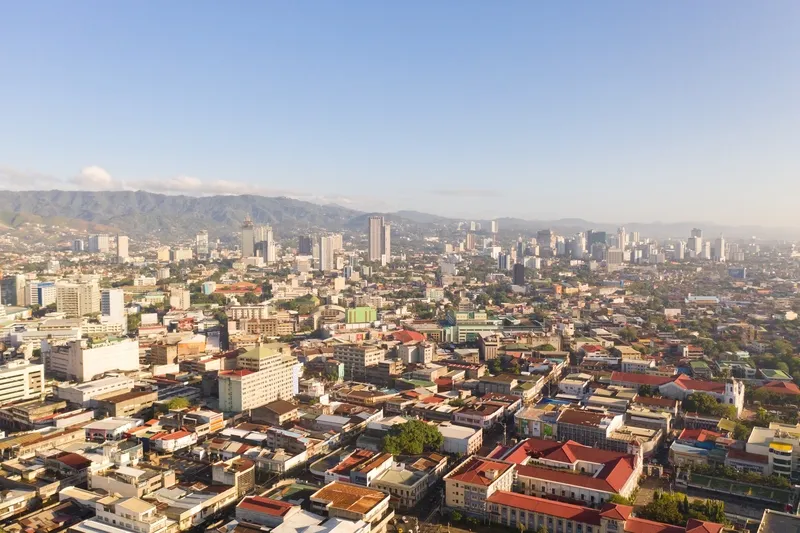Sensys Traffic is building on its success in the Middle East, with orders for traffic safety systems from Ras Al Khaimah and Dubai Police in the United Arab Emirates. The order from Ras Al Khaimah is worth US$1.2 million, while the Dubai order is valued at US$846,000.
Sensys has been supplying Dubai Police since 2001 and says the order from Ras Al Khaimah is also strategically important, partly because it is a new customer, but chiefly because Ras Al Khaimah has for some time been working with another su
June 9, 2015
Read time: 2 mins
The order from Ras Al Khaimah is worth US$1.2 million, while the Dubai order is valued at US$846,000.
Sensys has been supplying Dubai Police since 2001 and says the order from Ras Al Khaimah is also strategically important, partly because it is a new customer, but chiefly because Ras Al Khaimah has for some time been working with another supplier of traffic monitoring systems, according to Sensys CEO Torbjörn Sandberg.
The Middle East is currently Sensys’ second largest market and the company now has customers in eight of the region’s 14 countries. These countries have high road fatality rates and to improve the situation, major investments to develop infrastructure and safety are currently underway, primarily in the rapidly growing cities.
”We continue to reap success in the Middle East. This order from the Dubai police is the result of a long period of marketing together with our new partners in the Emirates. The order is also confirmation that we are at the cutting edge of technology,” says Torbjörn Sandberg, CEO at Sensys.










